Exploring Solutions to Excess Nutrients: Restoring Cape Cod’s Waters
Bulletin 1: Summer 2020
Welcome to the bulletin on the Environmental Protection Agency’s research to address excess nutrient loading in
Cape Cod’s waters! This will be a biannual update for interested community members on what EPA scientists based in the Office of Research and Development and Region 1, Boston, MA, and our many research partners and stakeholders, have been up to.
The overall goal of this research project is to work with and support our partners in developing a watershed-level plan to reduce nutrient loading in the Three Bays Watershed of Cape Cod (see map below) to meet the TMDLs.
TMDLs is an abbreviation for total maximum daily loads, and refers to a U.S. Clean Water Act regulatory requirement to reduce pollutant levels in impaired waterbodies. The EPA research team includes hydrologists, ecologists, biologists, economists, and other social scientists, all running experiments and research in collaboration with local stakeholders to identify best practices that help meet the TMDL for nitrogen, the main nutrient of concern in this watershed.
Cape Cod has several unique characteristics that make its estuaries susceptible to impacts from excess nutrients in the form of nitrate. An estimated 80 percent of nitrogen loading on Cape Cod stems from the use of backyard septic systems. In Three Bays, there are over 5,000 septic systems. Traditional septic systems are not designed to remove nitrogen. Wastewater treatment plants are not widely used on Cape Cod due to the costs and challenges associated with widely distributed housing and large seasonal fluctuations in population due to summer tourism. Nitrate moves easily from the septic systems to the Cape’s groundwater, where it is transported to ponds, streams, and estuaries. In addition to septic systems, lawn fertilization, atmospheric deposition, and storm water also contribute to excess nitrogen in the region.
